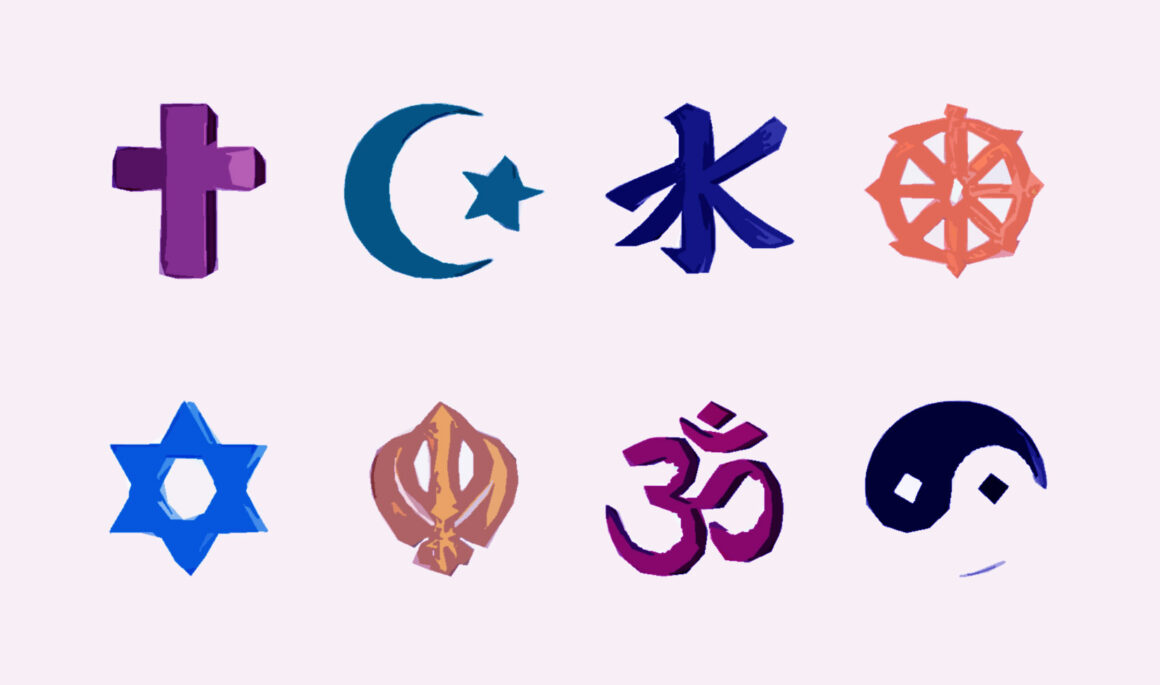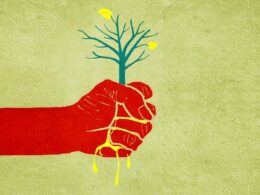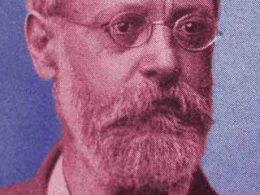By Conor Payne
As Karl Marx wrote: “Religious suffering is, at one and the same time, the expression of real suffering and a protest against real suffering. Religion is the sigh of the oppressed creature, the heart of a heartless world, and the soul of soulless conditions. It is the opium of the people.”
These words sum up the dual nature of religion in capitalist society; both a pillar of that society but also at the same time a genuine source of respite for those who suffer under it. The scientific advancements of the last centuries mean that humanity has moved beyond the need for supernatural explanations to understand either the natural world or human society. Still, religion not only continues to exist but to thrive. To understand this, we need to look both at how religion is used by the capitalist ruling class and what it often means for the working class and for oppressed people.
Far-right and authoritarian politics are on the rise across the world – targeting minorities, women’s and LGBTQ rights, and social progress. Religious fundamentalism is often integral to this – from the evangelical right in the US and Latin America, to the theocratic regimes in Iran, Afghanistan and Saudi Arabia, to the most fanatical sections of the Israeli State who claim that God has granted them occupied Palestinian land.
At the same time, sectarianism and the persecution of religious minorities is a feature of every capitalist society. Right now in the West, Islamophobia is used by the far right but also by the ruling classes generally to demonise migrants, and to justify imperialist wars and dehumanise the victims of these wars.
For the vast majority of ordinary working-class people who hold religious beliefs, they have nothing to do with these kinds of divisive and inhumane agendas. For most, religion is an important source of comfort, meaning and community. This is understandable in a world where we are often extremely alienated from nature, our work and other people, and where the system reduces so much of our lives to soulless drudgery. Even where, as in Ireland, traditional organised religion is in decline, many look to alternative spiritual and mystical practices.
As socialists, we are not in the camp of those who sneer at religious beliefs or who, like Richard Dawkins or Christopher Hitchens, use atheism or rationality to demonise minorities or uphold the status quo.
In terms of religion and the state; the socialist position can be summed up simply enough: full separation of Church and State, but also full freedom to practise any religion so long as the rights of others are not impinged.
While always defending the right to religious beliefs and opposing discrimination against religious practice or communities, Marxists also recognise the ways in which religion is used in capitalist society to uphold the status quo. In most capitalist countries, the leading authorities of the main religions are part of the broader ruling class, linked to the political, media and economic elites, and use their positions to sanctify capitalist privilege as natural, god-ordained etc. At the same time, many people fighting against injustice and oppression have also drawn on their various religious traditions while doing so, and many important radicals, socialists and revolutionaries have been religious believers.
For Marxists, the injustices of capitalist society can only be understood in material rather than spiritual terms – it’s a system where everything is subordinated to the drive to increase profits for a wealthy minority, and this minority class is extremely organised and conscious in defending its system. At the same time, for the working class and oppressed there is a material need to organise to lift the burdens that the system imposes on us.
In general, religious or spiritual explanations of the world tend to obscure these realities and are an obstacle to fully understanding the system we are living under. Revolutionary theory proceeds from the understanding that the brutal world we live in is the work of humans, not divine providence, and similarly that it is only by a struggle by the oppressed and exploited majority of humans that it can be transformed.
This is why Marxists are materialists – not because we dismiss the role of religion in people’s lives today but because we want the fullest possible understanding of the system we are living under so that we can most effectively fight it.












